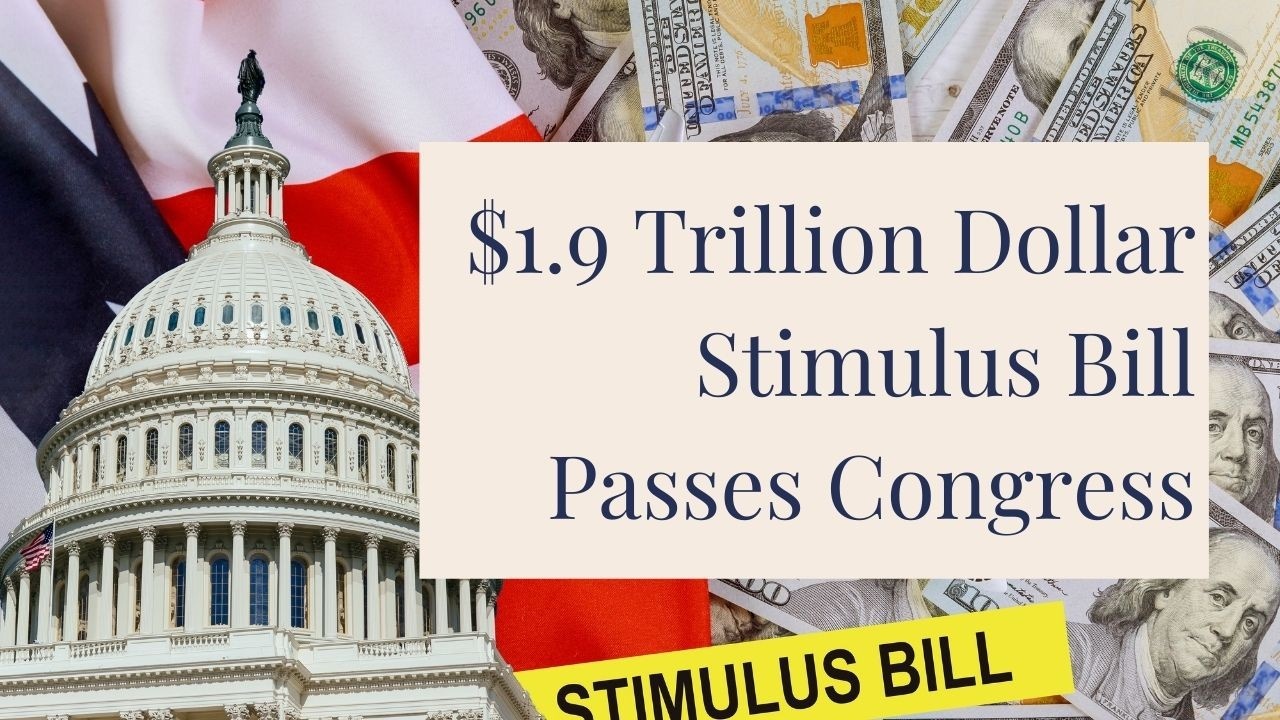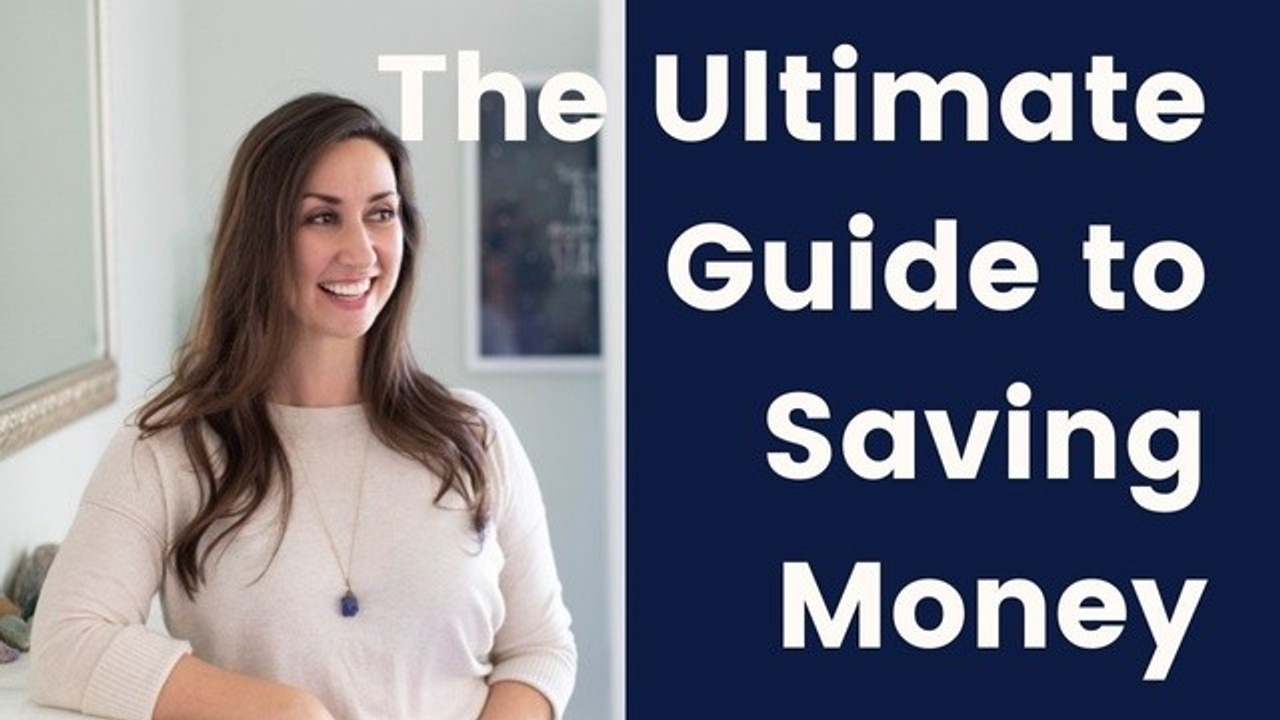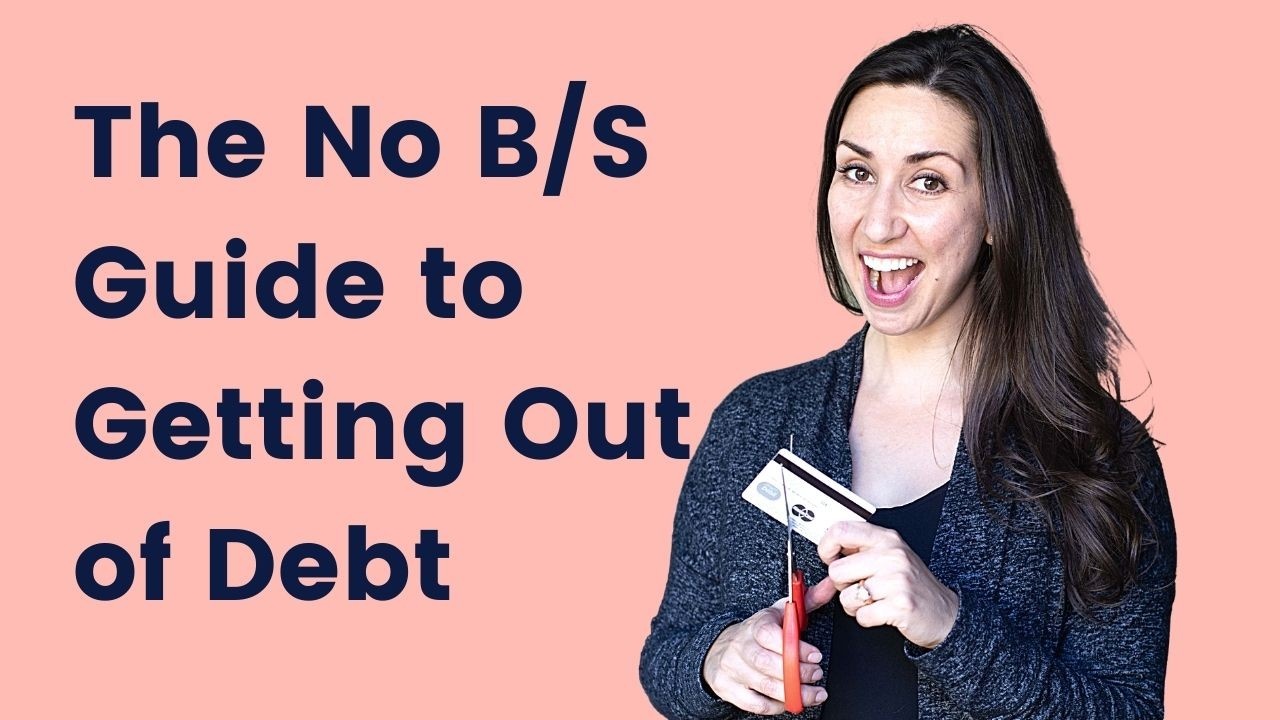
Congress Passes $1.9 Trillion Dollar Stimulus Package
This week both houses of Congress passed, and President Biden signed, the $1.9 trillion dollar stimulus bill to address the ongoing coronavirus pandemic.
What's Included?
Here are the highlights of the financial assistance to families and businesses contained in the bill:
- Stimulus Checks: $1,400 stimulus checks for individuals earning under $75k and married couples making under $150k plus, $1,400 per dependent. If you make more than these amounts, you will receive smaller checks phasing out at $80k for individuals and $160k for married couples.
- Unemployment Benefits: Additional unemployment benefit of $300 per week. In addition to state-funded unemployment checks, UI beneficiaries will also receive an extra $300 per week.
- Child Tax Credit: A $1,000 to $1,600 increase to the child tax credit depending on your children's age.
- Small Business Relief: $7.25 billion dollars in additional funding for the Payroll Protection Program (PPP) loans and $15 billion for Economic Injury Disaster Loans (EIDL).
For more information how these funds will be distributed or how to apply for small business assistance you can visit the IRS's website for periodic updates.
What should I do with my stimulus check?
An infusion of cash from a stimulus check, a tax refund, or a business loan can make a big difference. However, it can also lead to over-spending and amplify your existing money problems. Because stress-levels are high and emotions are wearing thin, this additional money can easily be spent emotionally. I discussed "COVID Snap Back Spending" on the most recent Wealthy Wednesdays webinar.
The government would like you to spend your stimulus check to simulate the economy and fuel the recovery. After 1 year in a global pandemic, you may be experiencing pandemic fatigue so Uncle Sam's suggestion is tempting. I recommend using your stimulus check for your greatest needs (rather than your highest wants). This can include funding your 'short-term' savings account, eliminating debt, or taking care of your most urgent needs. We are still in an uncertain economic environment so it's important to prioritize your basic needs over wants for the time being.
Be wary of investing your stimulus check in the stock market or bitcoin. Many people are choosing to invest their stimulus checks in the stock market. While I encourage our clients to participate in the stock market, if you have not completed the first five steps of the Vibrant Money Financial Freedom Journey (see below), you may need to sell those investments in a pinch or go into debt to cover an unexpected expense because you don't want to pull out of the stock market.
The first five steps of the Vibrant Money Financial Freedom Journey are:
- Stop taking on new debt
- Save 1 month of your take home pay
- Eliminate all debt except your mortgage
- Save 6 months of your income
- Invest 20% of your take-home pay
What's the big picture?
The federal government has decided that spending money now to help Americans who have been affected by the pandemic is better than waiting for the economy to recover on its own. Because interest rates are so low, the federal government can spend at a relatively low cost (assuming the economy does in fact come roaring back).
All this spending may lead to inflation. Inflation decreases your spending power because prices for goods and services increase. If this happens, the Federal Reserve will likely need to increase interest rates which will slow the economy down and potentially cause stock markets to take a nose dive.
As with everything we teach at Vibrant Money, if you are connected to your money you can make empowered choices about where it goes. Money is a powerful resource and it can amplify any good or bad behaviors!
Did you like this article? Get the latest personal finance articles from Vibrant Money by subscribing to our weekly newsletter!
Enter your email address below to sign-up.
We will never sell your information, for any reason.










